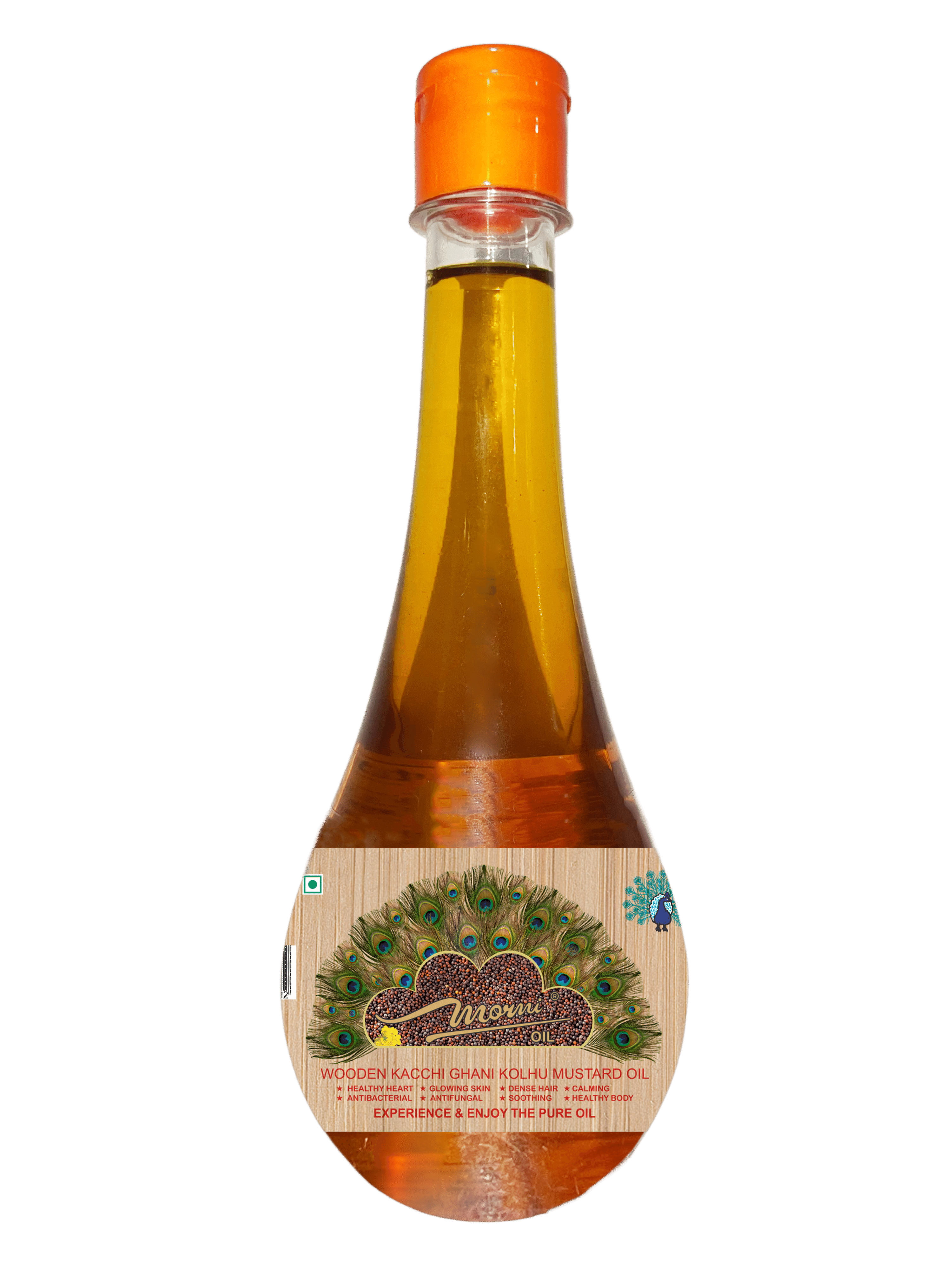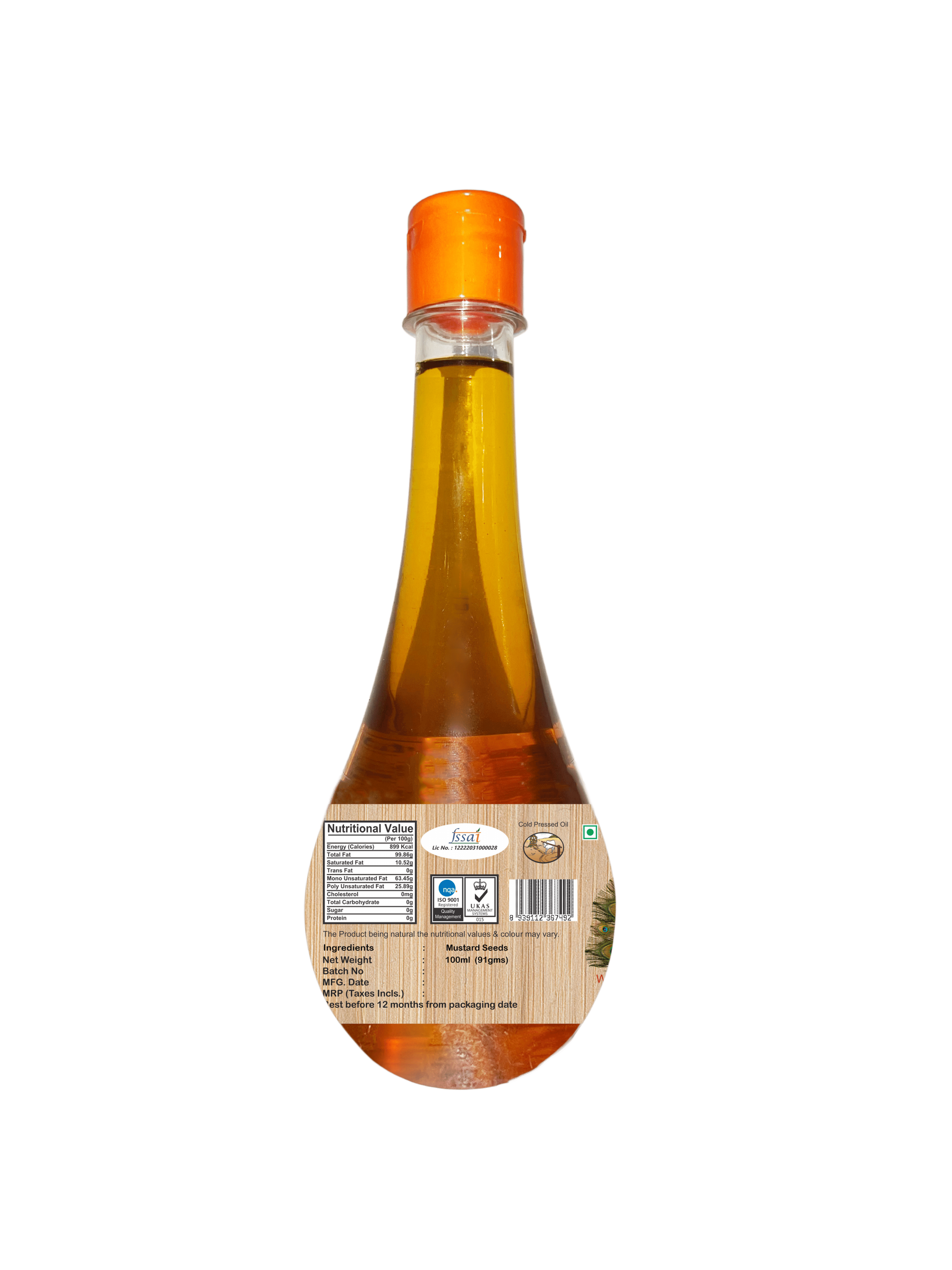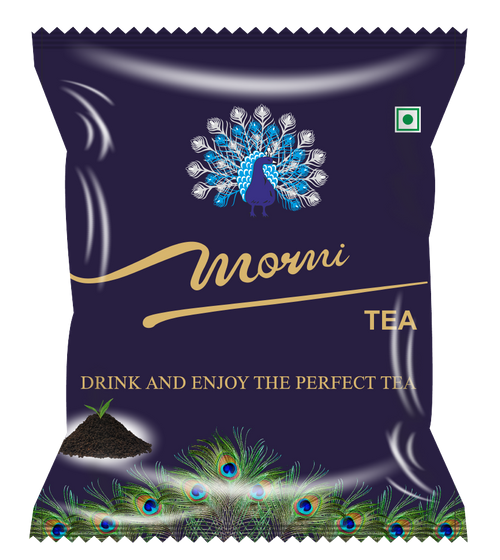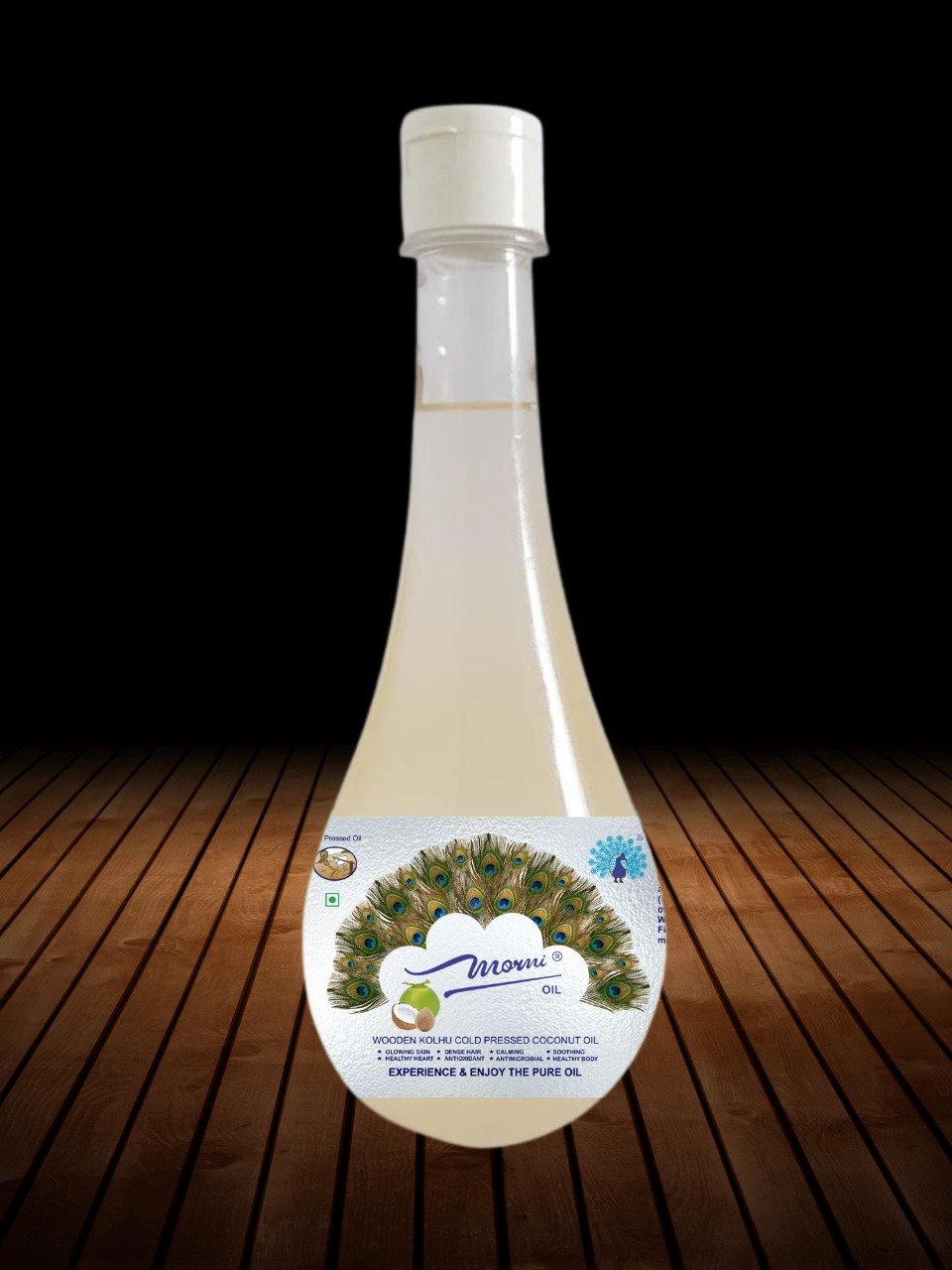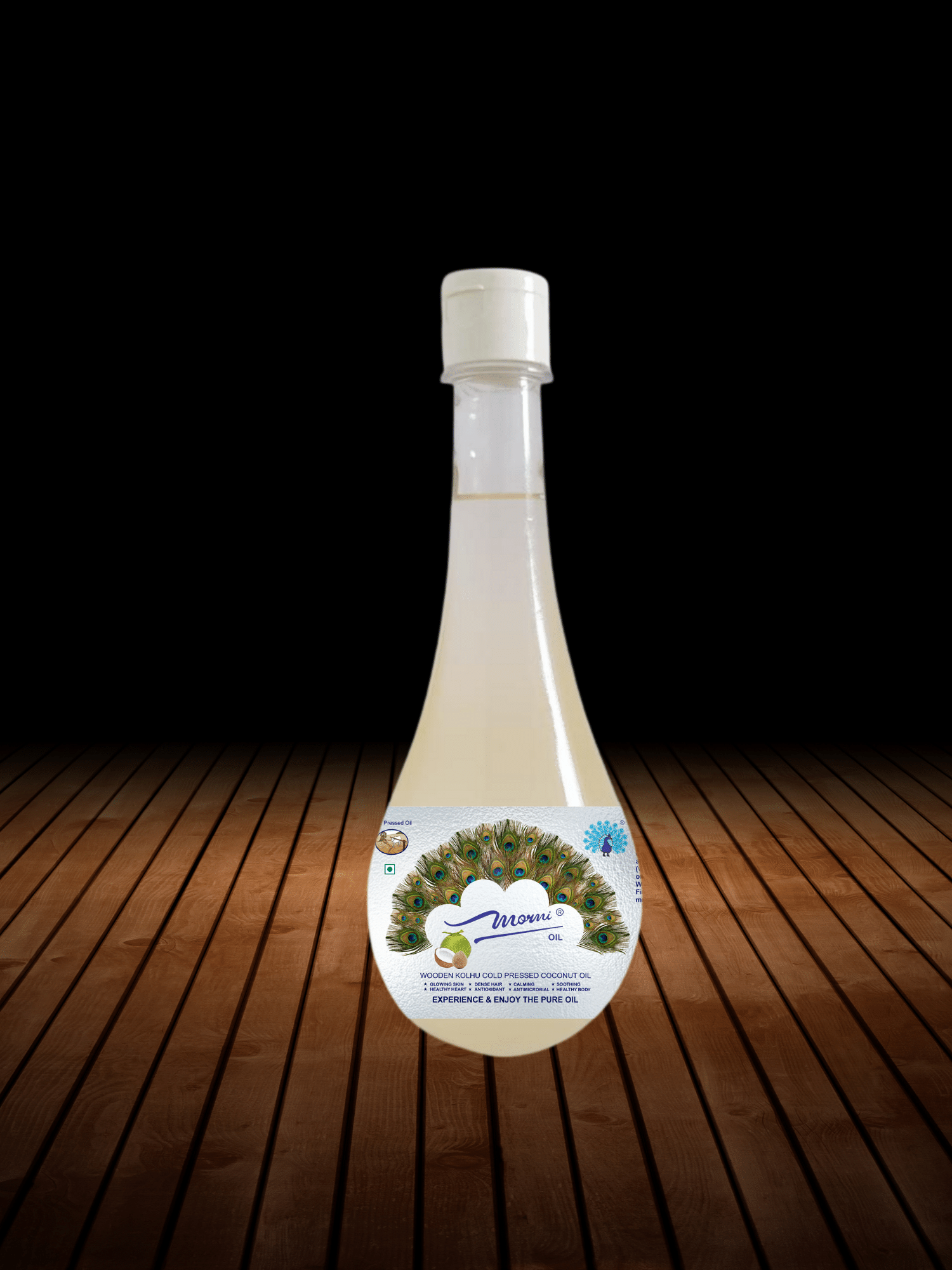Long and beautiful hair is a natural gift, but it requires proper care and hygiene. If your hair isn't growing as fast as you'd like, it's a sign that you need to change your habits and use these pro tips to get the desired results. It is not difficult to maintain long and beautiful hair. If you follow our advice, your dream will come true.
Wet hair is more delicate and prone to breakage. Take a broad toothed comb and gently run it through your hair until it reaches the ends.
Use hair masks as needed for your hair type and problems. It is critical to use the correct mask or your problem will be exacerbated.
Choose shampoo and conditioner with the same formulation because each formulation is designed to serve a specific purpose.
Mustard oil massage will give you the desired results if you keep it as natural as possible. Chemical treatments can severely damage your hair.
Highly refined cooking oils have become a household name in every Indian home. Also known as plastic oils, they are preferred over pure oils because they have been widely advertised to be of high quality and beneficial to health. But this is not the case.
According to research, refined oils are extremely dangerous to our bodies, and regular consumption of highly refined cooking oils can result in many debilitating diseases such as cancer, heart attacks, osteoporosis, and so on. To understand why refined cooking oils are harmful to our health, consider the main manufacturing process of these oils. These oils are refined using three different methods. These are neutralization, bleaching, and deodorization, and the resulting light golden oil is commonly referred to as NBD Palm Oil or refined vegetable oil.
Neutralization
After the oil is extracted from the seeds, it is refined chemically, which involves treating the crude oil with a lye solution to reduce the free fatty acid (FFA) content to 0.05 percent. This method is used to prevent spoilage, thereby extending the shelf life of the oil for an extended period of time. Other impurities in the oil, such as gums, phosphatides, pigments, and other oxidation products, are also removed. This is done because it would obviously 'impair' the taste, odor, shelf life, and other such properties that make the oil more appealing to the masses if not done. This neutralization is accomplished with phosphoric acid and more lye.
Bleaching
After the oil has been neutralized, it is mixed with bleaching earth, which activates the carbon in the oil, making it lighter in color. Filters, presses, and polishing filters are used in the final purification process. The oil is then pumped into storage filters for distribution.
Deodorization
All edible oils and fats contain specific compounds that give the oil its distinct taste and smell. These properties are removed in refined and other commercial oils to make the oil neutral. This is known as deodorization. It involves extremely high temperatures, which harms the properties of oil and, as a result, our health.
Looking back in time, it is clear that before refined oil was discovered, people were much healthier and lived a better life than we do today. Yes, one could argue that life expectancy has increased significantly in recent years. However, this is only dependent on medical progress. Every day, we are confronted with new diseases that were not previously present. Pure oil is now extracted directly from seeds, such as mustard oil, or from the fruit itself, such as coconut oil. They are simply pressed cold and the oil extracted. Refined oils, on the other hand, are "chemically" refined. It is mixed with many chemicals to make it odorless and colorless. It clearly indicates that refined oil, which is high in chemicals, is harmful to our health. To dispel the myth of which is better, we've listed the advantages of pure oil and the disadvantages of refined oil.
Major Reasons To Avoid Refined Oil
Chemical Exposure
Refined oils are subjected to chemical processing, which significantly increases the oil's carcinogenic properties. Nickel in the oil has an effect on the respiratory system, liver, skin, and other organs.
Preservatives
To ensure a long shelf life, refined oil contains numerous preservatives. And it has been repeatedly demonstrated that preservatives are harmful to the body.
Effects on the digestive system
It has been discovered that refined oil contains sodium hydroxide, which can be harmful to the digestive system if consumed for an extended period of time.
We are constantly bombarded with advertisements promoting various types of oil that we should be using. Some people believe that refined oil is healthy, while others believe that pure oil (mustard oil) is healthy. So the question is, which oil is actually beneficial to us and which is not? How can we determine which oils are suitable for cooking in order to maintain a healthy lifestyle? Let's look at the refined oil vs mustard oil chart.
Use of bleaching agent
Many bleaches are used for deodorization, deacidification an, dewaxing of the oil. They can produce various diseases in our body.
Exposure to high heat
Refined oil is the processed form of natural oil that is obtained after treating natural oils with many chemicals to meet the expectations of the consumer. Most customers nowadays expect a specific golden color, odor-free, and flavor-free oil with a long shelf life. However, we must keep in mind that this oil is not good for the digestive or respiratory health of the human body. It is also the cause of many diseases, including cancer, diabetes, heart and kidney problems, and many others. In this article, we will discuss the major diseases caused by refined oil consumption, as well as the causes of these diseases.
Cancer
Nickel is one of the most important chemicals used in the extraction of natural oil. However, the presence of nickel has many carcinogenic and negative effects on the human respiratory system, liver, and skin. Refined oil is one of the reasons for the dramatic increase in cancer in the tropics.
Digestive System Problems
Sodium hydroxide is one of the hazardous chemicals used in the refining process. The presence of this chemical has an effect on the body's digestive system. Preservatives added during the refining process are also harmful to human digestive systems, causing ulcers, gastroenteritis, and even cysts or tumors.
Respiratory diseases
Oil refining processes include bleaching, de-waxing, de-odorizing, de-gumming, and de-acidification. These harmful steps reduce the oil's chlorophyll content, flavor, and other nutrients. As a result, the edible oil suffers from increased oxidation and rancidity. As a result, our respiratory system has been harmed over time. The alveoli of the lungs gradually become more oxidized than they should be, and you may experience a variety of problems, including decreased blood circulation to your brain.
Since time immemorial, a plethora of oils have found their way into various Indian households. Traditionally, we preferred pure oils for our use. Coconut oil is more common in the southern part of the country, Mustard oil is more common in the northern and eastern parts of the country, and Groundnut oil is more common in the western regions. However, refined oil or blended oils have recently found their way into the homes of the average Indian. They are odorless and colorless oils that are produced mechanically using a variety of chemicals. Here is a list of commonly used refined oils in the home for everyday use.
Sunflower Oil
Sunflower seeds are used to extract this oil. It contains a high amount of vitamin E, making it a primary product for use in cosmetic products. Sunflower oil contains a combination of monounsaturated and polyunsaturated fatty acids. It has a high smoking point and can retain its nutritional content even at higher temperatures. This is why this oil is commonly used in deep frying chips, samosas, and vegetables.
Rice Bran Oil
In comparison to other refined oils that are widely used, this oil is relatively new. Rice bran oil is extracted from the outer layer (bran) of rice grains. Some health experts believe it is the healthiest oil on the planet, while others disagree. They claim that the method used to produce this oil is potentially harmful. It is commonly used in the preparation of cookies and cakes. Because it has a high smoking point, it is ideal for deep frying chips and other foods.
Soybean Oil
Soybean oil is a type of vegetable oil derived from soybean seeds. When it comes to cooking oils, it is the most popular. It is a drying oil that can be used as a base for printing inks and oil paints. Soybeans are cracked, adjusted for moisture content, heated between 60 and 88 °C, rolled into flakes, and solvent-extracted with hexanes to produce soybean oil. Then it goes through a complex refinement process where it is blended for different applications and sometimes hydrogenated. They are marketed as vegetable oils and are a key component in a wide range of processed foods. The majority of the residue left over from the extraction process is used as animal feed.
Mustard oil is a common Indian kitchen ingredient that cannot be substituted. Its distinct and pungent flavor, as well as its ability to make food taste divine. If you enjoy it and want to ensure that you use it only when it will benefit your health rather than harm it, keep reading to learn how to extend the shelf life of mustard oil.
The Basics
Everyone who uses this oil on a regular basis should be aware that it is extracted from mustard seeds, which contain 46 to 48 percent oil by weight. The oil is produced by pressing mustard seeds in large machines.
What to Know When Buying Mustard Oil?
If you want your mustard oil to last longer, keep the following in mind when purchasing it:
Read the Dates
Read the manufacturing date and the best before date. Always purchase mustard oil that has recently been manufactured and will last a long time. The majority of them last a year or two.
Trust Good Brands
In India, there are numerous locally packaged mustard oils available. Make sure to only trust well-known brands, as they are more likely to priorities quality over cheap knockoffs.
Know About Acidity
It is wise to look at the nutrients label and opt for brands that have the lowest possible amounts of acid.
Avoid Completely Transparent Packaging
Most mustard oils are sold in clear bottles; choose the dark colored ones because they are not easily broken down by light or the sun.
How to Store Mustard Oils to Increase its Shelf Life?
You should be aware that heat, light, and oxygen can all cause mustard oil to go rancid. As a result, you should always keep its cap tightly closed and store it in a dark, cool place. Because light is always a risk, choose dark-colored bottles.
Some people like to refrigerate mustard oil. You may notice that it becomes semi-solid in cold weather if you do the same. Simply leaving it out in room temperature for 15-20 minutes will restore it to its liquid state. If you put it in the fridge, make sure you keep it there for six months to a year.
How to Know If Mustard Oil Has Gone Bad?
If you believe the oil has become sticky or has an off flavor, it is best to discard it.
It is obvious that the key to extending the shelf life of mustard oil is proper storage. As a result, you should keep it in your kitchen and always tighten the cap!
The Health-Conscious Battle: Mustard Oil vs. Rice Bran Oil vs. Olive Oil
Health fads are now an inextricable part of people's lives. People are always looking for something that will help them improve their health quickly and avoid health problems. If you are one of these people and are unsure about which oil to use for cooking, continue reading. We have compared three effective oils and discussed their benefits and drawbacks.
Scroll down to find out which oil is superior: mustard oil, rice bran oil, or olive oil.
If you live in India, mustard oil is almost certainly on your monthly grocery list. It is a necessary ingredient, and some foods, such as ladyfinger, taste better when cooked in it. This oil is extracted from mustard plant seeds and is easily distinguished from other oils. It has a dark, slightly reddish yellow colour, a strong aroma, a sharp flavour, and a pungent flavour. It may not taste particularly good on its own, but incorporating it into your dishes would provide numerous health benefits. Here are a few examples.
Improves Heart Health
Mustard oil contains monounsaturated and polyunsaturated fatty acids (MUFA and PUFA), omega-3 and omega-6 fatty acids, which have been shown to reduce the risk of ischemic heart disease by up to 50%. It also reduces bad cholesterol while increasing good cholesterol.
Leads to Cancer Prevention
Mustard oil has been shown in studies to have anti-cancer properties. It may reduce the risk of stomach and colon cancer.
Gets Rid of Muscle Numbness
Directly massaging mustard oil into the skin will aid in the sensation of numb muscles. It will also aid in the relaxation of tense muscles.
Eliminates Cough and Cold
Most people consider colds and coughs to be dangerous because they are difficult to treat. Fortunately, mustard oil can relieve the congestion that causes colds and coughs. To get rid of phlegm, steam with hot water, caraway seeds, and a little mustard oil.
Boosts Organ Performance
Increased blood circulation can refresh your body and improve the function of key organs. This is why, in addition to newborns, adults should opt for mustard oil massage. It will not only increase your strength but will also warm your body.
Helps with Arthritis
People suffering from joint pain or arthritis can find relief by applying mustard oil to the affected areas. It will improve blood circulation. It is also high in Omega-3 fatty acids, which have anti-inflammatory properties.
Name : Mustard Oil / Sarso Tel
Ingredients : Mustard seeds
Net Weight : 500 ML (455 gms)
Shelf Life : 12 Months from the date of manufacturing
Storage : Store in dark and cool place. Avoid direct Sunlight.
Colour : May vary as it is Natural Product.
Price -
300.00 INR
Name : Mustard Oil / Sarso Tel
Ingredients : Mustard seeds
Net Weight : 100 ML (91 gms)
Shelf Life : 12 Months from the date of manufacturing
Storage : Store in dark and cool place. Avoid direct Sunlight.
Colour : May vary as it is Natural product.
Price -
60.00 INR
Name : Mustard Oil / Sarso Tel
Ingredients : Mustard seeds
Net Weight : 1000 ML (991 gms)
Shelf Life : 12 Months from the date of manufacturing
Storage : Store in dark and cool place. Avoid direct Sunlight.
Colour : May vary as it is Natural product.
Price -
550.00 INR
Name : Loose Assam CTC Leaves
Ingredients : CTC Leaf
Net Weight : 250 Grams Pouch
Shelf Life : 12 Months from the date of manufacturing
Storage : Store in dark and cool place.
Colour : Black.
Price -
100.00 INR
Name : Coconut Oil / Nariyal Tel
Ingredients : Raw Coconut
Net Weight : 500 ML
Shelf Life : 12 Months from the date of manufacturing
Storage : Store in dark and cool place. Avoid direct Sunlight.
Colour : May vary as it is Natural Product.
Price -
550.00 INR
Name : Coconut Oil / Nariyal Tel
Ingredients : Raw Coconut
Net Weight : 100 ML
Shelf Life : 12 Months from the date of manufacturing
Storage : Store in dark and cool place. Avoid direct Sunlight.
Colour : May vary as it is Natural Product.





